Sterling rose against the dollar on Friday after figures showed the UK economy met expectations and grew at a healthy pace, providing a relief for those worried that weakness overseas could be a drag on activity. The pound moved further above $1.60 and on a broader trade-weighted basis was on track for its first weekly rise in four.
Britain's economy grew by 0.7 percent in the third quarter, down from 0.9 percent the quarter before but in line with economists' expectations, preliminary figures showed on Friday. That put annual growth at 3.0 percent, also down slightly but among the fastest rates in the developed world, prompting British finance minister George Osborne to tweet: "The UK is leading the pack in an increasingly uncertain global economy."
"This should calm fears for now that the slowdown in Europe and deflation fears around the globe are not such an immediate threat to the UK economy," said Jon Pryor, head of FX dealing, corporate and institutional treasury at Investec. Sterling money markets continued to price a first interest rate rise by the Bank of England around the middle of next year, potentially the first post-crisis hike by any big central bank.
Sterling was up 0.2 percent against the dollar at $1.6063. It was flat against the single currency, though, with the euro getting a fillip from a media report that more than 100 euro zone banks were set to pass the European Central Bank's stress test. The euro was steady at 78.925 pence. There is, however, a degree of uncertainty surrounding the strength of the economic recovery and by extension the timing of the BoE's first rate hike.
There are several reasons why British growth might continue to slow into the end of the year, including the recent burst of financial market volatility and growing signs of renewed stagnation in the euro zone. A persistently wide current account deficit, deteriorating public finances and weak wage growth that dampens consumer spending are also factors. Earlier this week, BoE chief economist Andy Haldane said he was "gloomier" on the economy, implying that rates could remain "lower for longer".
Investors are also becoming increasingly wary about political risks in Britain, which they say could have a bearing on investment flows and sterling. Analysts said the European Commission's proposal to raise Britain's contribution to the EU budget by 2.1 billion euros - due to the British economy growing faster compared to other EU partners - could not have come at a worst time.
Prime Minister David Cameron could come under pressure to move towards a more anti-euro platform ahead of next year's general election in May if his party loses a by-election on November 20 in Rochester. The by-election will be held following the defection of Mark Reckless from the Conservative Party to the euro-sceptic UKIP. "The political risk premium for sterling seems to be rising and with UK data weakening, sterling is set to break lower," Morgan Stanley said in a note. "Sterling/dollar is a sell near $1.61 with a near term target of $1.57."
BR100
15,059
Decreased By
-56.5 (-0.37%)
BR30
42,931
Decreased By
-117.2 (-0.27%)
KSE100
148,815
Decreased By
-677.8 (-0.45%)
KSE30
45,206
Decreased By
-312 (-0.69%)


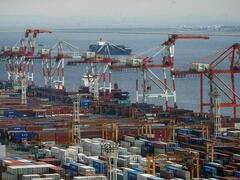


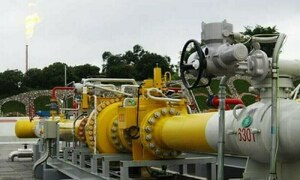

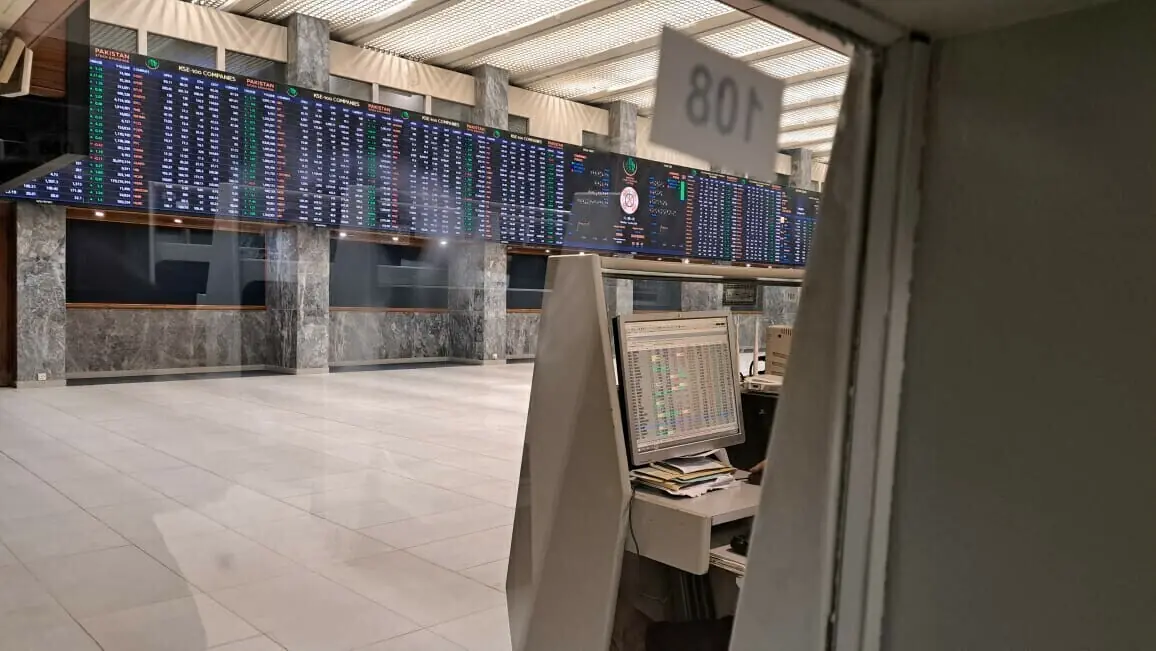

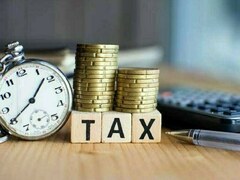




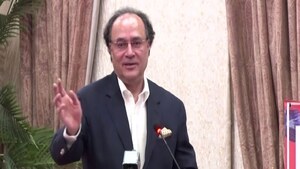


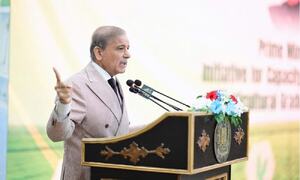

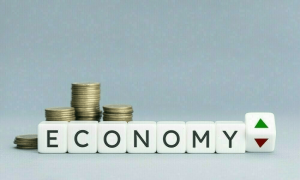

Comments
Comments are closed.